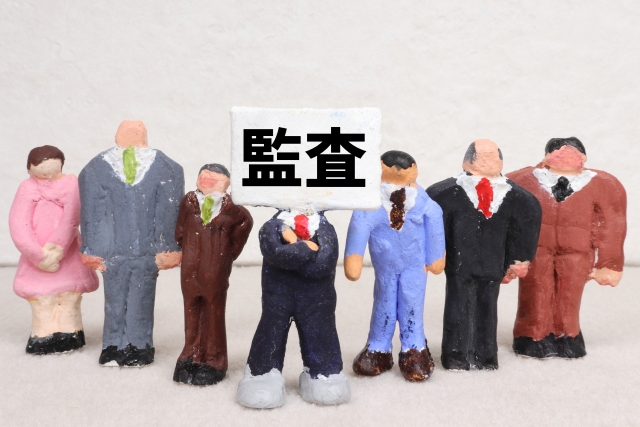
It has been two years since the external audit system was established by an accountant of a social welfare corporation.
Little known, but I have high hopes for the future.
Welfare corporations, like the government, are managed based on the idea of how the subsidies received and donations from the chairman of the foundation of the corporation are used for welfare, and how they are used up.
There is a lack of ideas such as finance, fund management, cash flow, and depreciation.
At least, it’s far from a corporation.
Welfare accounting is also becoming closer to stock accounting due to changes in administrative policies, but corporations are not aware of it.
We cannot break away from the history of entrusting everything to the administration and relying on it.
Social welfare corporations have little awareness of their management responsibility.
both officers and employees.
Recently, since corona interest-free policy loans have spread, management has an attitude of relying on the country.
Long-term care insurance will also be cut.
The local allocation tax for local towns and villages will also decrease.
After all, medical insurance, long-term care insurance, and subsidies from local governments will decrease, and self-supporting, independent management will become necessary.
The same may be true for individual farmers who rely on agricultural cooperatives.
Local governments have an obligation to support local welfare.
However, in towns and villages where the population is rapidly declining and the birthrate is aging, there is a risk that medical and welfare services will collapse.
Urban areas are financially rich, so if you ask whether it’s okay, labor costs and all other costs are high, and there are quite a few facilities with a deficit structure.
There are many corporations that have surplus facilities in rural areas and support deficit facilities in cities.
Since medical and welfare administration is carried out on a local government basis, collaboration between the public and private sectors is important, but it is not always going well.
The lack of management awareness among the private sector is also a problem, but neither the public sector nor the experts have been nurtured.
The public sector will probably do business through administrative audits and administrative guidance, but the training of capable and experienced personnel to conduct audits cannot keep up.
Although private welfare corporation audits and facility audit systems are not absent, they are still half-finished.
I hope that the external audit system of social welfare corporations by accountants will supplement the administration that does not work.
Koyama Group would like to be actively involved and make proposals to the country so that it does not become a rooftop.
Because I said something like that, people would say I was impudent.
The state of living organisms that constantly kills old cells and replaces them with new ones is called dynamic equilibrium.
Koyama’s organization’s metabolism and management methods are constantly changing and progressing.
Executive training is not limited to young executives who lead the organization.
We will also train experienced and knowledgeable corporate auditors.
Auditors of social welfare corporations need professionals.
I have high hopes for my accountant.
In other words, accountants also need to change their mindset.
But for the accountant, it will be a new blue ocean.
From next fiscal year, the repayment of corona-free loans will begin, and some welfare corporations will panic.
Governments and banks must be worried.
A new leader will be born from Koyama G.
A new captain with a strong desire is also growing, but Meibaku is also necessary.
I want an accountant and a lawyer.
I’m about ready to become a user.
Pulse oximeter 97/98/98
Blood sugar 218 Body temperature 36.1 degrees
Administrative Reform Citizen
CEO Yasunari Koyama








